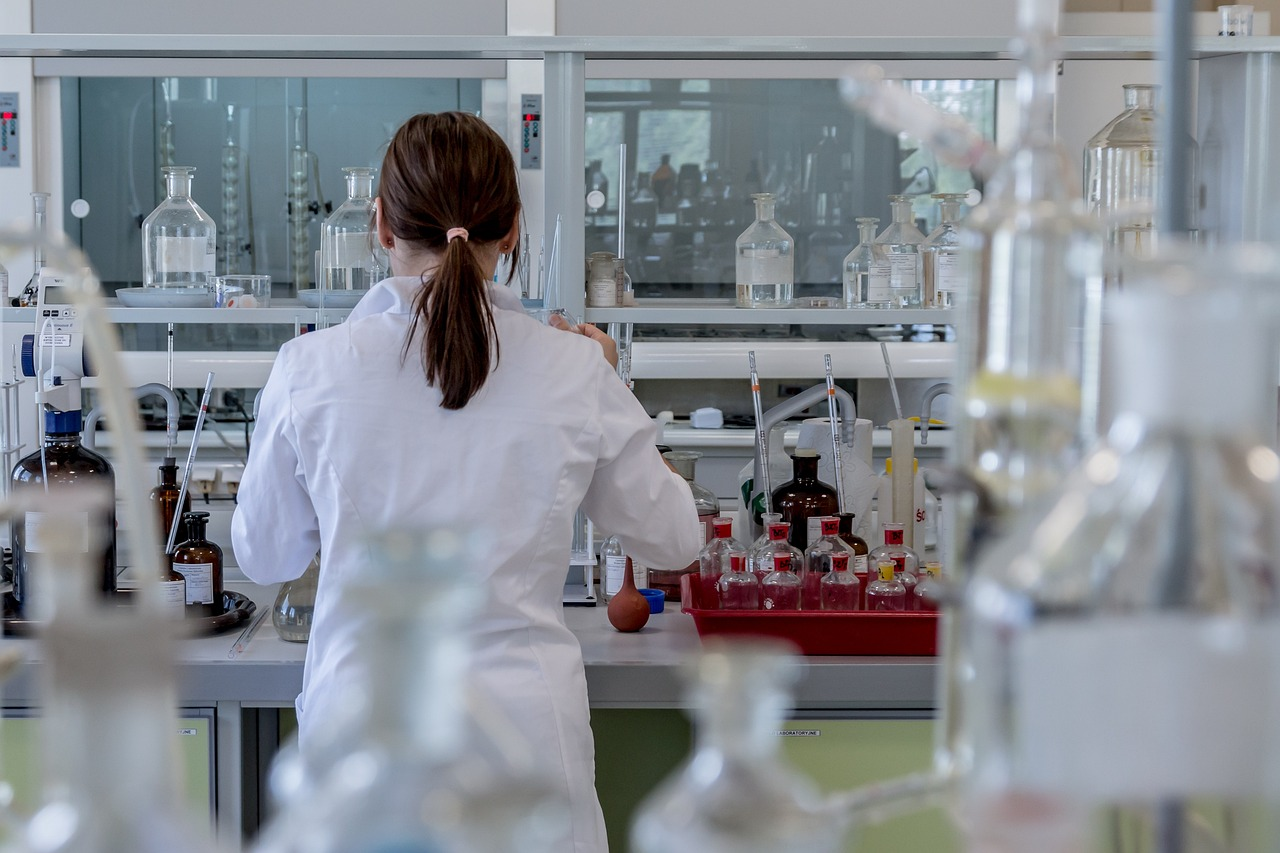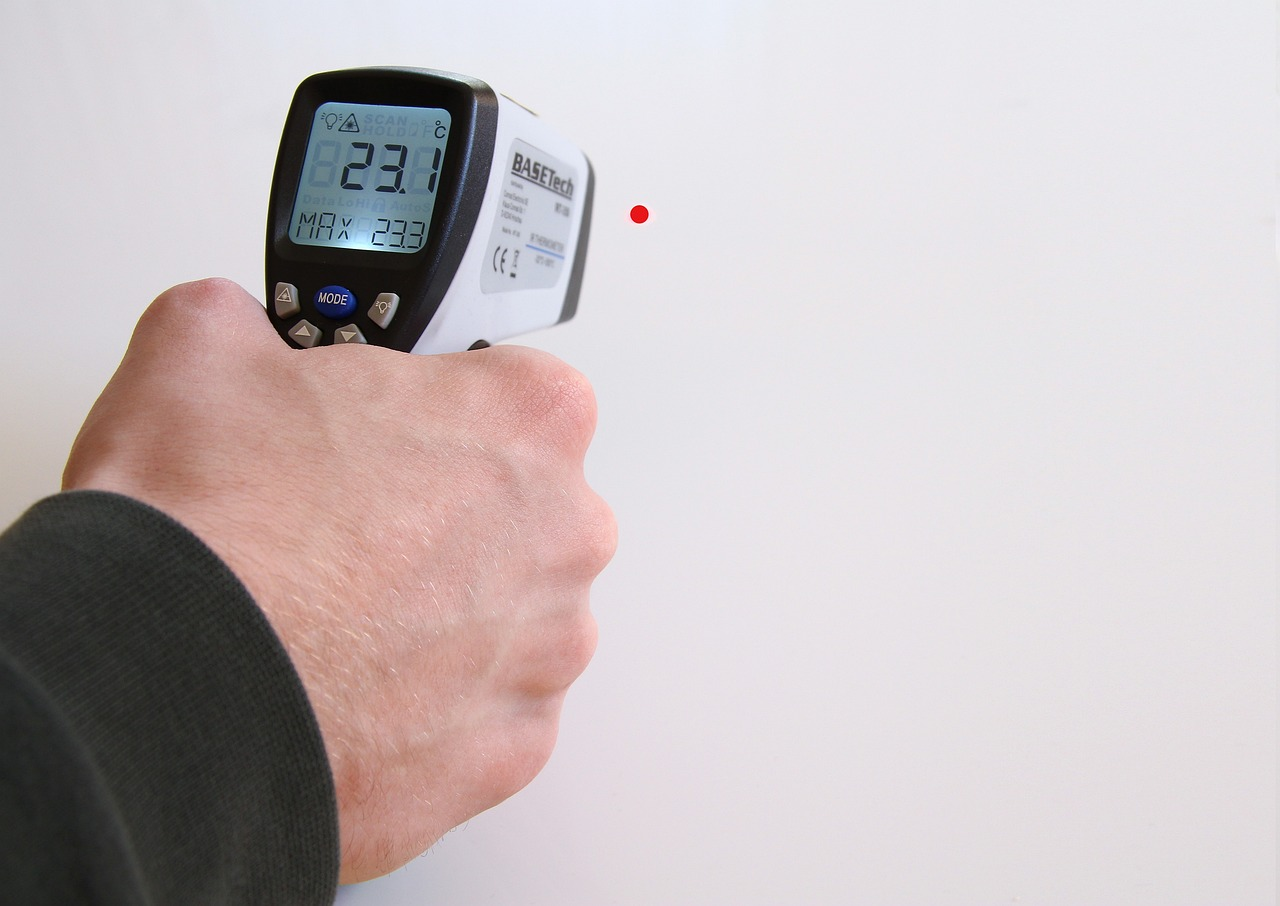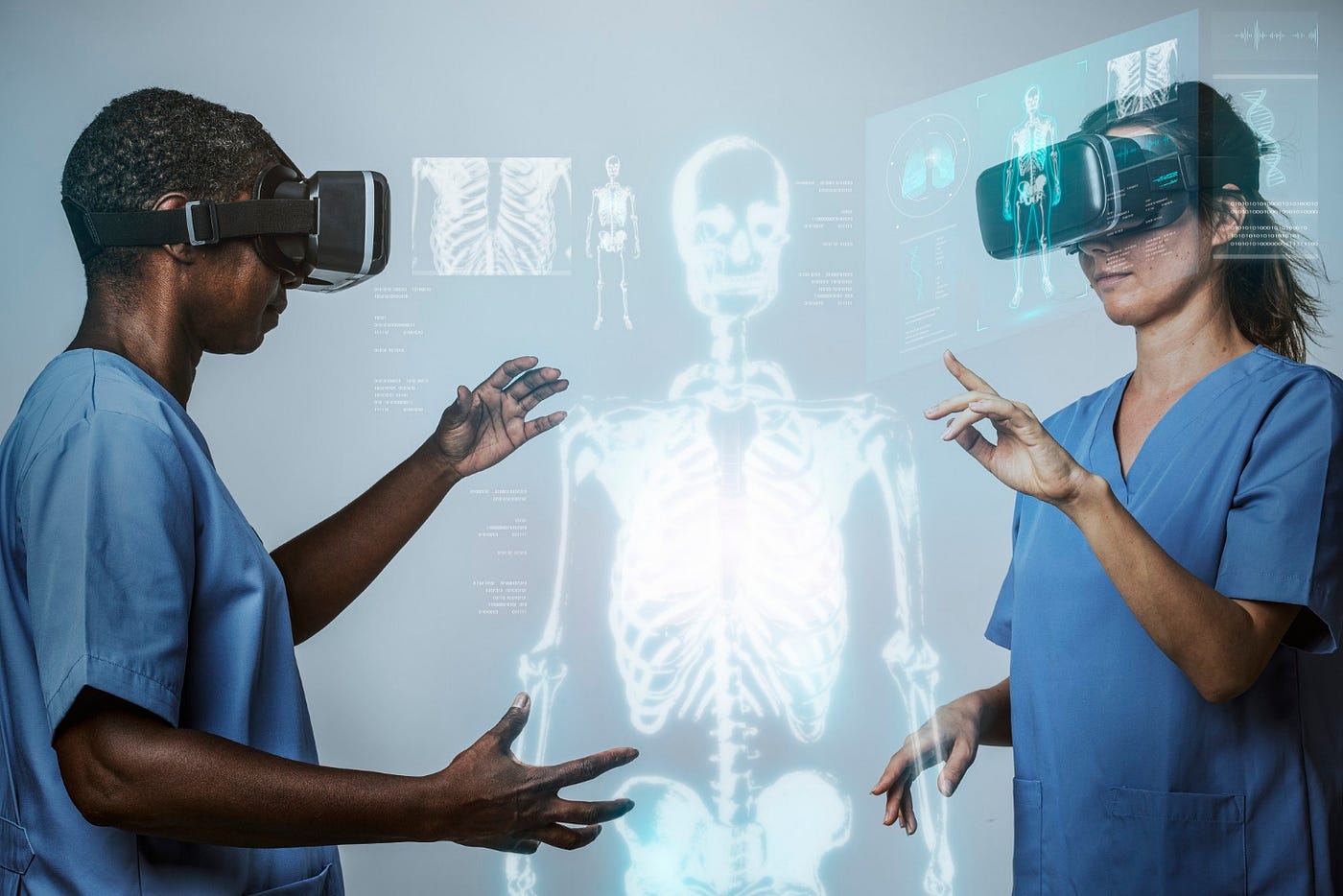
The Importance of Accurate Temperature Measurement in Scientific Research
Precision is a word that is often thrown around all too readily, but often without much regard for its importance.
This is in relation to almost everything concerning modern society. It takes on another level in scientific research, where precision is vital to achieving replicable results and results that can be used to better understand how things work. Even the smallest discrepancies can lead to vastly different outcomes, rendering painstaking research moot for all intents and purposes. This post will help you understand the vital importance of accurate temperature measurement in research.

Accurate Data Leads To Accurate Outcomes
Precise temperature measurement is critical in scientific research; it directly influences the integrity of the data collected. Even minor deviations can skew results, leading to incorrect conclusions. While this might not sound that bad to the average person, it could mean the difference between a positive outcome on society or one that either has no effect or is possibly even harmful. It is this precision that forms the foundation for experiments across various scientific disciplines. The way to achieve such accuracy is by correctly using the right tools. According to Lake Shore Cryotronics over at https://www.lakeshore.com/, reliable data can help drastically advance whatever research you plan on doing. However, it is not only necessary to use suitable instruments to provide consistent and accurate results but they must also be calibrated correctly. Constant recalibration aligns equipment with global accuracy standards, fostering trust in the scientific community's findings. As technology progresses, embracing novel methods is crucial for maintaining the relevance of research efforts.
Inconsistent Measurements Can Skew Results, Causing Issues With The Final Research
In the context of scientific investigation, the difference a single degree (or fraction of a degree) makes can be substantial. For chemical reactions, slight temperature variations may alter reaction rates unexpectedly, affecting the observed results. Similarly, biological studies depend heavily on stable conditions to accurately gauge organisms' responses to environmental changes (hence the heavy contemporary use of AI to parse and interpret data). The selection and application of measuring instruments demand careful consideration. Researchers must choose tools that promise high accuracy for their specific field of study, and ultimately, the rigor applied to temperature measurement reflects directly on the reliability of the findings. Misleading data can divert scientific inquiry and waste time and resources, as we will delve into later in the post.
Temperature Affects Chemical Reactions Significantly
Temperature variations can alter reaction rates, leading to unexpected outcomes and possibly even corrupted data. A slight increase or decrease can change reaction speed. For instance, in many cases, even the most diminutive change, like a 1-degree alteration, can double or halve these rates. For researchers, this means that ensuring the accuracy of temperature measurements is not just a matter of diligence but a foundational aspect of credible science. Using reliable instruments and frequent calibration against established standards is vital. This approach eliminates potential errors, providing a stable base for experiments.

Reliable Data Is Essential For Publication
All scientists endeavor not only to find solutions to the world's problems or illuminate the universe's unknown mysteries but also to have them published in reputable scientific journals. Accurate monitoring of temperatures is essential in scientific study, acting as the foundation for reliable results. Researchers rely on precise measurements to validate their hypotheses, making the accuracy of temperature instruments paramount. Advances in technology have provided tools with higher precision, enabling scientists to conduct experiments with confidence in their results. As research continues to push the boundaries of what is known, the demand for precision in every aspect of data collection becomes more pronounced. Ensuring the accuracy of temperature measurements equips researchers with the confidence to share their findings, contributing to the expansive pool of knowledge. In summary, the integrity of scientific research hinges on precise temperature measurements, highlighting its indispensable role in the journey of discovery.
Incorrect Measurements Can Waste Resources
An unfortunate but undeniable fact of most research is that it is limited by one or both of two things:
-
Time
-
Money
Precision in measuring temperature is vital in scientific research, as incorrect readings can lead to resource wastage. Specifically, inaccurate data may prompt repeated experiments, consuming valuable time and materials. This inefficiency can halt progress, diverting funding away from potentially groundbreaking discoveries. Beyond financial implications, the environmental cost of wasted resources cannot be overstated. The exactitude of measurements directly influences the reliability of research outcomes. Laboratories equipped with high-precision instruments avoid the pitfall of redoing experiments, illustrating the direct link between measurement accuracy and resource conservation. In an era where efficiency and sustainability are paramount, the emphasis on precise temperature control becomes even more critical. Researchers' ability to produce dependable data on the first attempt is not just a matter of scientific integrity; it's also a reflection of their commitment to responsible resource use.
Accurate temperature measurement is essential for scientific research. It plays a crucial role in ensuring the integrity of data collected, leading to reliable and trustworthy results. Ultimately, accurate temperature measurement allows us to comprehend our environment better and come closer to resolving some of humanity's most critical problems.
Trending
-
1 Mental Health Absences Cost NHS £2 Billion Yearly
Riddhi Doshi -
2 Gut Check: A Short Guide to Digestive Health
Daniel Hall -
3 London's EuroEyes Clinic Recognised as Leader in Cataract Correction
Mihir Gadhvi -
4 4 Innovations in Lab Sample Management Enhancing Research Precision
Emily Newton -
5 The Science Behind Addiction and How Rehabs Can Help
Daniel Hall





Comments